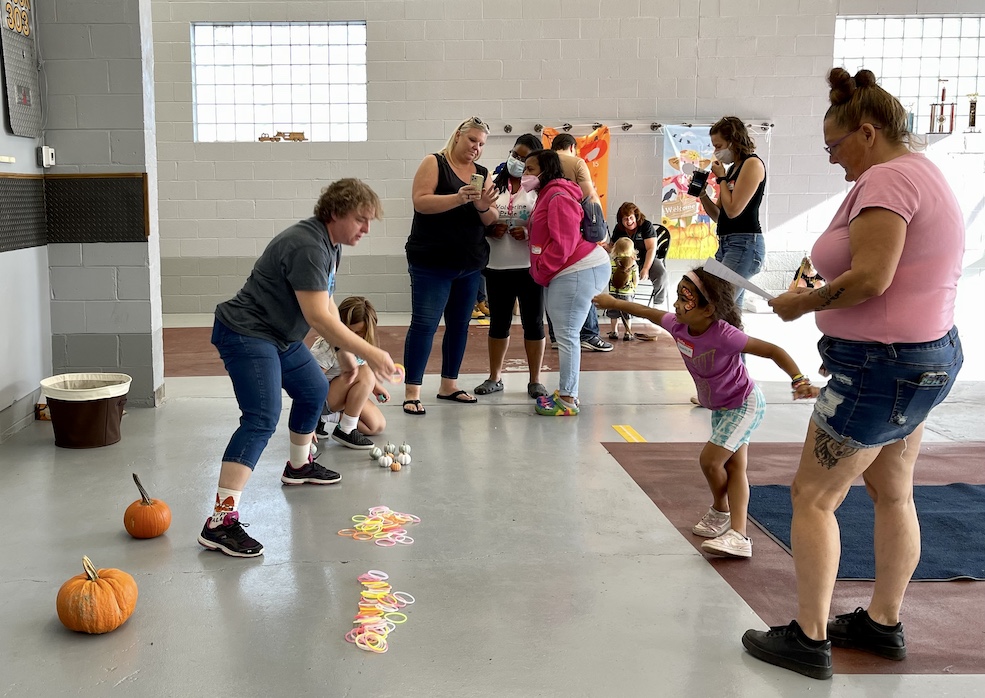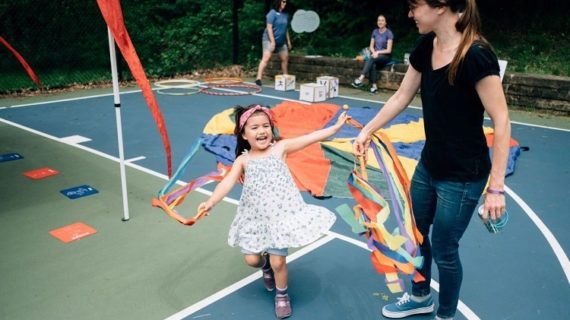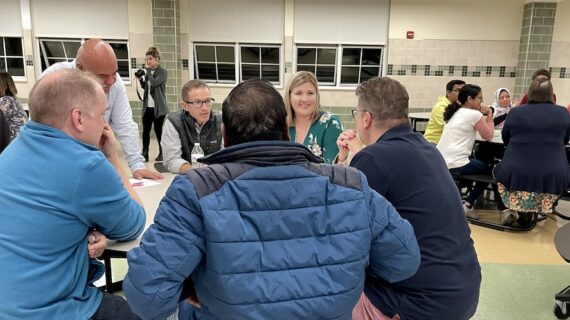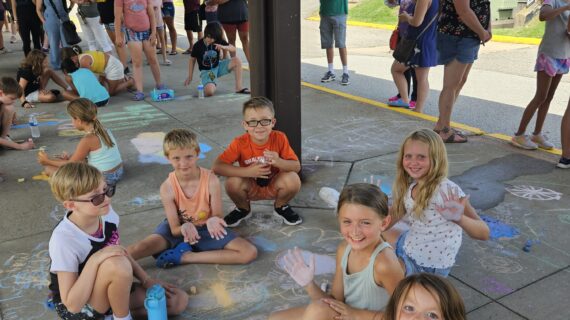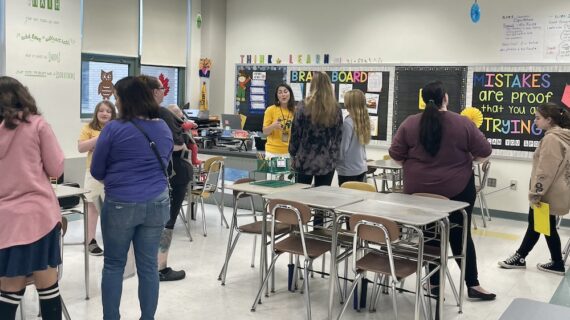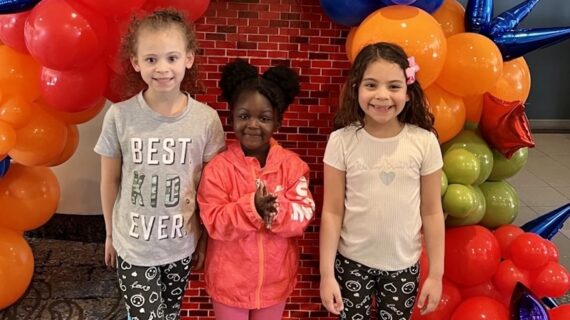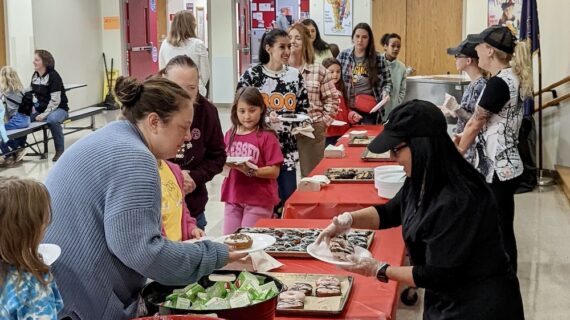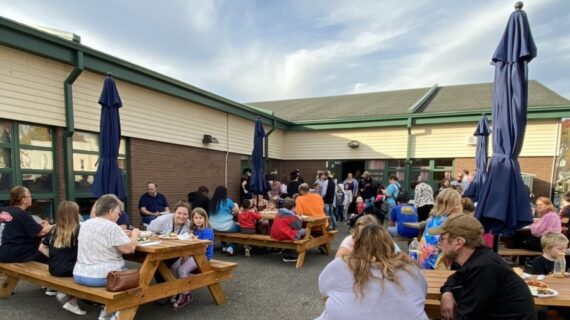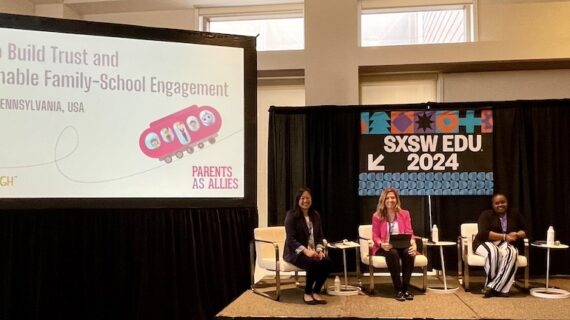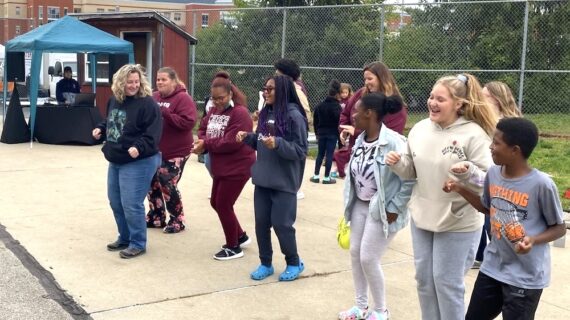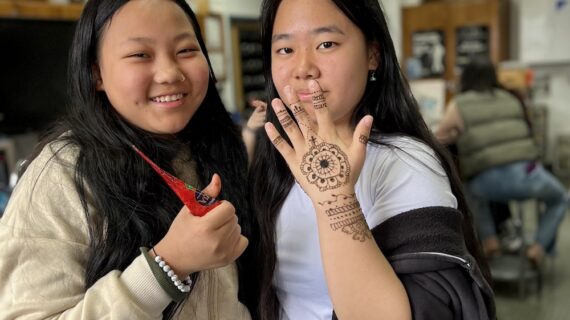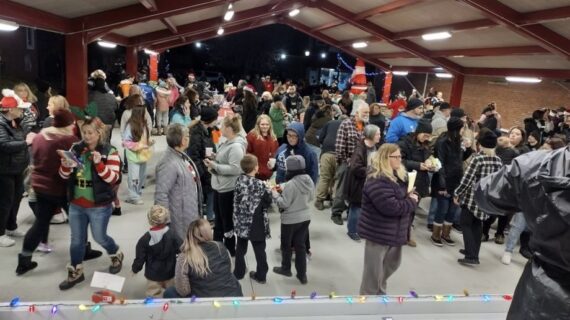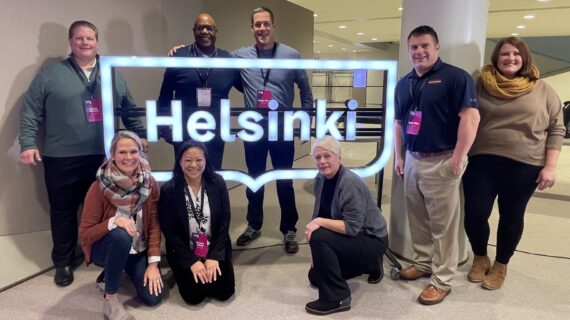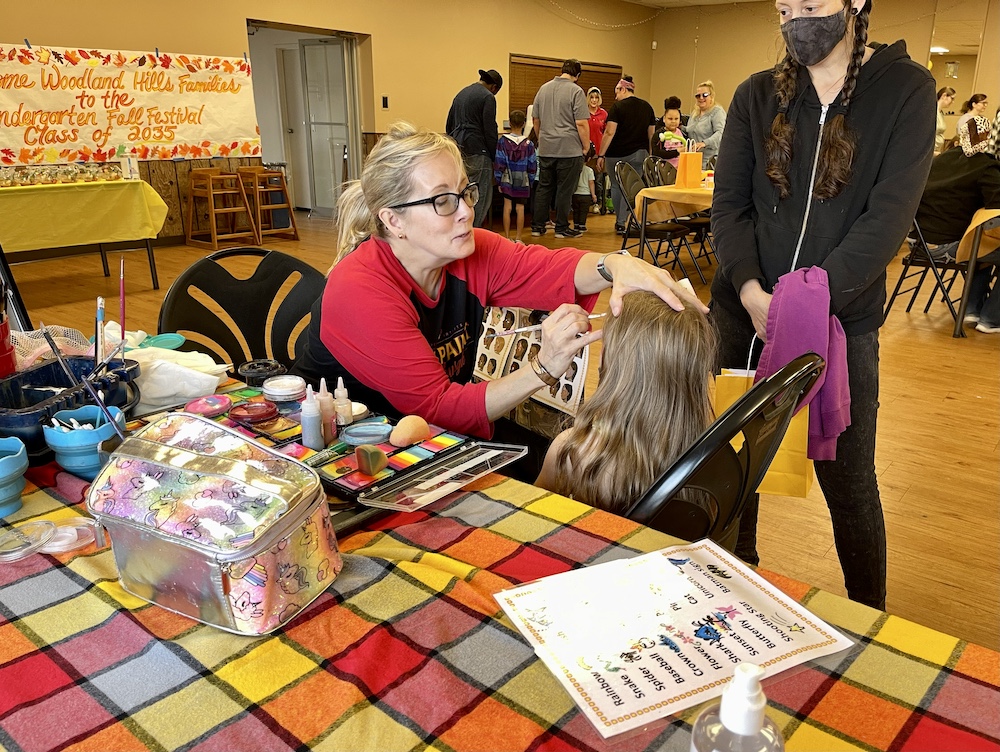
Parents as Allies: How trust and relationships are growing at Woodland Hills
Photos courtesy of Parents as Allies.
If you’ve worked in a school system for years or been parenting your child all the way through elementary school, it’s easy to think you understand the landscape of your community. And on some levels, you do.
But it’s amazing what you discover when you begin to ask questions.
That was the epiphany that members of the Woodland Hills school community had when they joined the Parents as Allies family-school engagement project. In the spring of 2022, eight people – five parents with kids in the district and three school staff members, including one who is also a district parent – formed a PAA team and began using the principles of design thinking to form better connections between families and the Woodland Hills schools.
They began by doing “empathy interviews,” with parents sitting down to interview school staff about their experiences and school staff doing the same with parents. It was eye-opening.
Parents were clear that they wanted to connect with the school and with parents of their child’s classmates, but felt they had never had that opportunity, says Danielle Zurisko, team co-leader and the district’s social worker. These families, Zurisko says, wanted to feel part of a network and know they could do things like call up another family in the evening if they had homework questions.
Gretchen Ciocco, the PAA team’s parent co-lead, didn’t know other parents wanted that as much as she did. And in the past, she wouldn’t have asked the school for help with something like that.
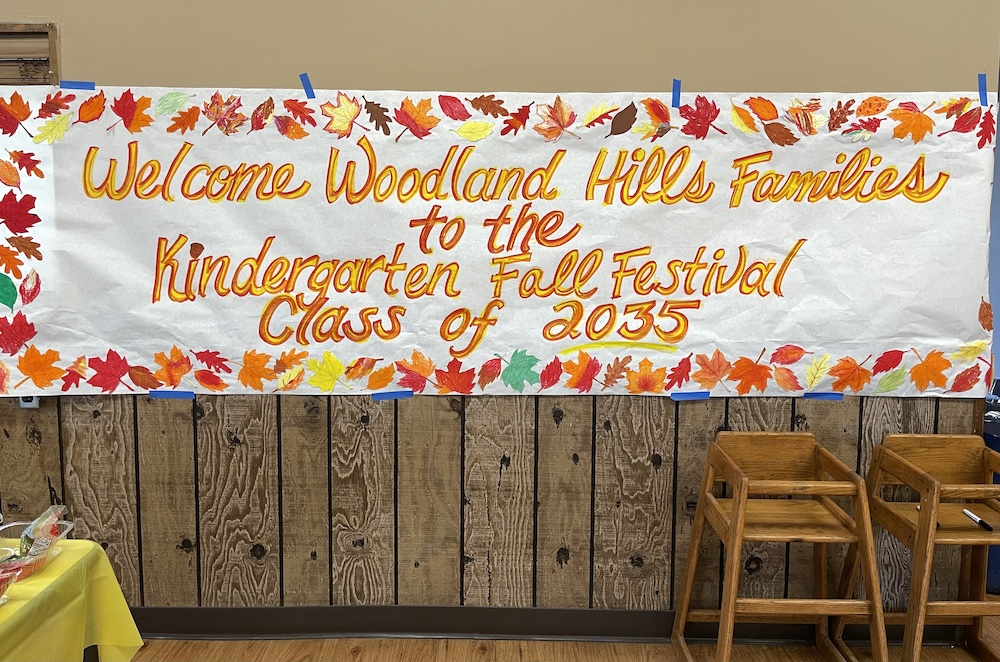
“I felt like that was more my responsibility,” but through empathy interviews she found that teachers and administrators wanted to make sure everyone “was sort of functioning well as a community and making friends. I remember being kind of shocked. I didn’t think they thought of us that way.”
The team was hungry to learn even more. So they sent a survey to families who were new to the district, asking how their transition into the district was: How was communication? Did they feel welcome?
From that, an idea was born: Woodland Hills would focus on the families of kindergarteners, forging a true sense of community right from the start of their children’s school journey.
In the two years since those first empathy interviews happened, Woodland Hills has been building connections to families and between them, wrapping an entire community of support around the children in their district.
WHAT DID THEY TRY?
Along with in-depth conversations and surveys, the team focused on events that would really increase engagement. These events were thoughtfully designed: They wanted to bring all of the incoming kindergarten families together, but location matters. Since the district has three elementary schools, they knew hosting an event at one of those locations might make families with kids at the other two schools feel a bit like the event wasn’t quite for them.
The message, Zurisko says, needed to be: “This is about Woodland Hills, and you guys are going to all be in the same graduating class way down the line. It doesn’t matter which elementary you’re in.”
So they found a neutral site – a fire hall – and built new connections with the local fire department in the process.
The party was full of fun moments, like a scavenger hunt. The kids all signed a huge banner with their graduation year emblazoned on it. But beyond activities, the parents and kids and school staff had a chance to interact as people.
Everyone loved it. Kids left happy and giggling, clutching the little treat bags they’d been given.
“There were continuous positive vibes coming off it,” Ciocco says. “It was clearly a meaningful enough event that it resonated with people.”
One key, Zurisko says: Teachers appreciated that it was an event they didn’t have to plan. So often, teachers are expected to come up with an agenda, show off their classrooms and demonstrate what they’re doing for their students. In this case, they could simply show up and have a good time with the kids and their parents – and focus on really connecting.
This event set the tone for more thoughtful interaction, including an event for parents of incoming kindergartners strategically held at the district’s junior high. Woodland Hills is a district where some parents have an outdated, distorted impression that the junior high is a place with fights and problems.
Instead, these families were welcomed into a newly renovated building where their kids could enjoy craft projects and hear storybooks read by their future teachers and administrators.
About 100 people came – not as many as the PAA team had hoped for, but a portion of parents being warmly welcomed into the district where their children will learn to read and write and discover the world.
There is still more work to do, Zurisko says. “We’re such a big district, with so many towns and communities,” she says, “and there is trust that needs to be built.”
But that work is happening.
“School is so much more than academics, and the non academic component to it is very important,” Ciocco says. “You want your child to feel that they have friendships and they have a connection to their teacher, even a connection to their principal on a certain level. It takes a village.”
WHAT WOULD THEY TELL OTHER SCHOOLS?
- Get teacher buy-in from the beginning. Be sure teachers are a part of this effort and feel included, rather than feeling like something is being pushed toward them.
- Think about how you promote events. When some of their events had weaker attendance than they’d hoped, they realized some teachers didn’t promote the event vigorously because they didn’t know all about it. “We were high on logistics, low on marketing.”
- You have to start, but start small and simple. Don’t try to fix everything at once. The big picture is daunting, but a hack is manageable. As one parent said, “The smallest ideas can have a positive impact and be the start of something much bigger.”
